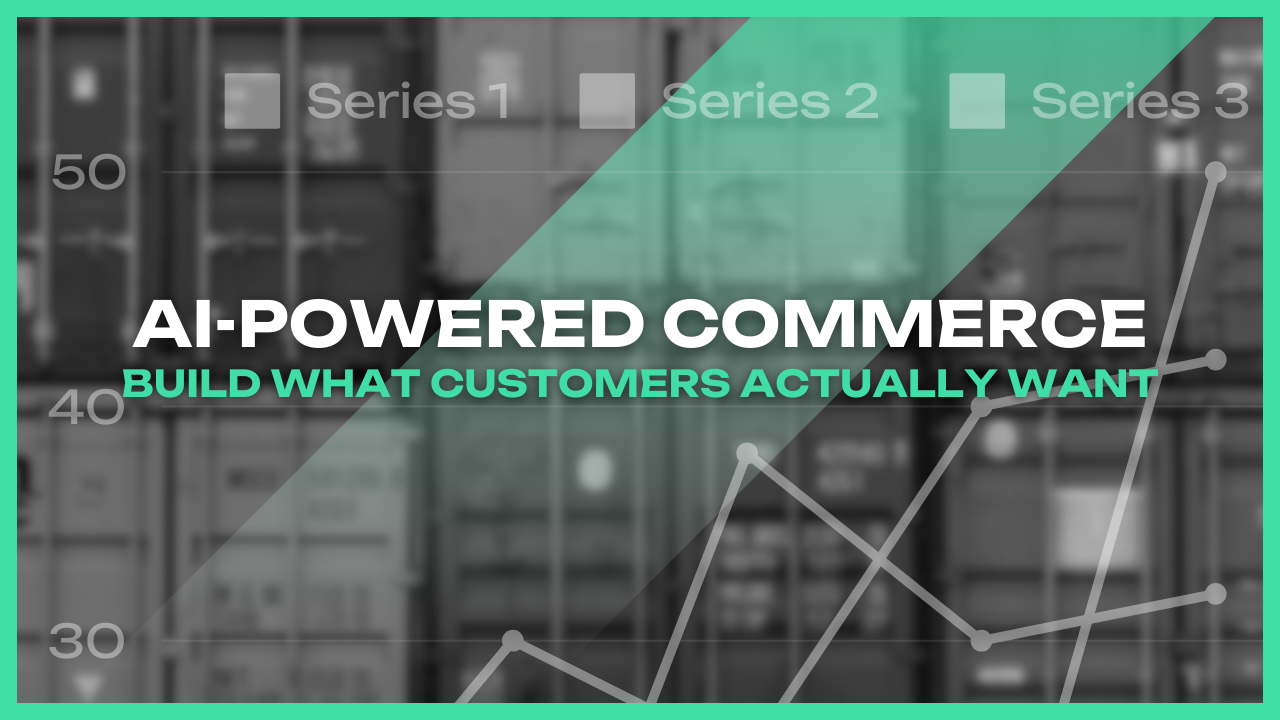
Although Chief Diversity Officers (CDOs) are in high demand, the high turnover rate among top diversity executives is a concern. As we reflect on the past year since George Floyd’s death, we can witness the surge in hiring diversity executives as the tragic event heightened the issue of Diversity, Equity and Inclusion (DEI) to the top of the agenda for many C-Suites.
The position of CDO demands resiliency to deal with pushback and sensitive topics. Alone, they cannot be expected to come in and resolve all of the DEI issues that are embedded so deeply in the company history and business practices.
“For many of us DEI professionals, this is not just a job, it’s not just a nine-to-five. The work we do is more of a calling. It’s tied to a much greater purpose of making the world a better place for humanity. The highly personal, emotionally intense nature of this work can result in CDOs becoming demoralized when buy-in is not prevalent across all organizational levels” – Sofia Pertuz, PhD, CDO at Jed Foundation
However, the average CDO tenure is only about 3 years because they regularly face barriers at work – including unrealistic expectations and a lack of resources, support, and direction. To build a successful diversity strategy, you must redesign performance metrics for all leaders to be invested, begin with an actionable blueprint that ties into business results, rely on more than one leader, and focus on long-term change rather than quick wins.
We see the struggle to create tangible goals firsthand. With the right methodologies, resources, and processes, you can begin to break down the problem into focused, digestible pieces. In case you missed it, we hosted a remote innovation sprint a while ago, where we helped DEI leaders learn how to push along their brainstorming sessions and projects. Read our event recap here.
“[CDO] departments are often the smallest, they’re often the least-resources from a budget perspective, staffing levels, [etc.] and yet they are responsible for influencing and crating wholesale systematic change.” – Kelly Johnson, former CDO at J.C. Penney Co.
DEI is strategic change management that continuously impacts every area of a business and its bottom line, so it is crucial to avoid falling into the trap of creating a siloed area concerning human resources cases. Making DEI a core element of company culture required a concentrated effort in that direction. Although we still have a long way to go, the commitment and dedication of our DEI heroes continue to make their mark in our society, and especially in our workplaces.





.png)



































.jpeg)














.jpeg)

























